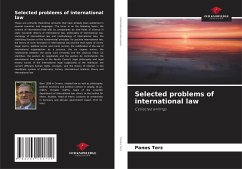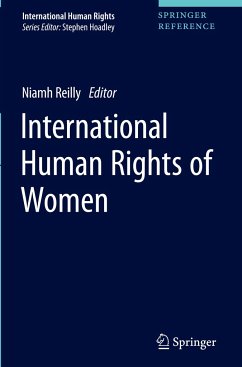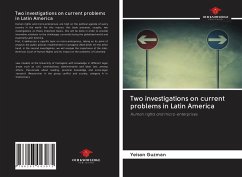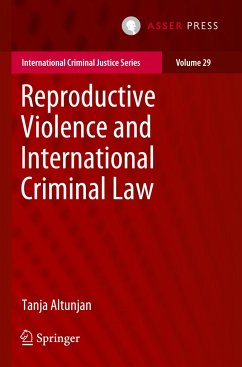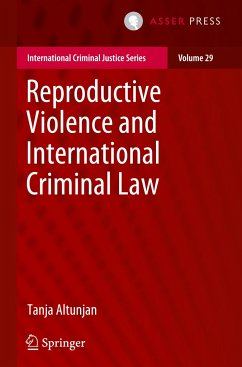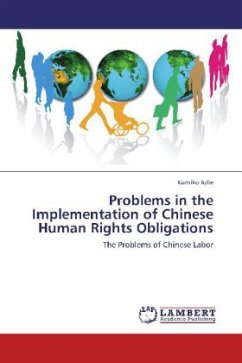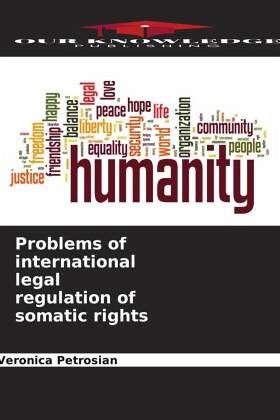
Problems of international legal regulation of somatic rights
Versandkostenfrei!
Versandfertig in 6-10 Tagen
25,99 €
inkl. MwSt.

PAYBACK Punkte
13 °P sammeln!
At present, the processes of globalization and anthropologization of law entail the expansion of the boundaries of human freedom and the increase in the scope of its inherent rights. Achievements of science and technology of the 20th-21st centuries have intensified interest in the problems associated with the manipulation of human bodily substance, contributing to the emergence of new - somatic rights, which, in fact, are the rights of man to dispose of his life and his body. Such human rights as transformation of one's sex and change of one's appearance, choice of the way of leaving life, met...
At present, the processes of globalization and anthropologization of law entail the expansion of the boundaries of human freedom and the increase in the scope of its inherent rights. Achievements of science and technology of the 20th-21st centuries have intensified interest in the problems associated with the manipulation of human bodily substance, contributing to the emergence of new - somatic rights, which, in fact, are the rights of man to dispose of his life and his body. Such human rights as transformation of one's sex and change of one's appearance, choice of the way of leaving life, methods of conceiving a child, genetic modifications such as cloning and organ and tissue transplantation, as well as other ways of disposing of one's own body as a specific object of legal relations have become widespread. The recognition and exercise of these rights generates and affects legal relations that need to be effectively regulated: marriage between persons of the same sex, management of demographic processes through artificial reproduction and medical sterilization, change of genetic information, including the legal status of the embryo, etc.



